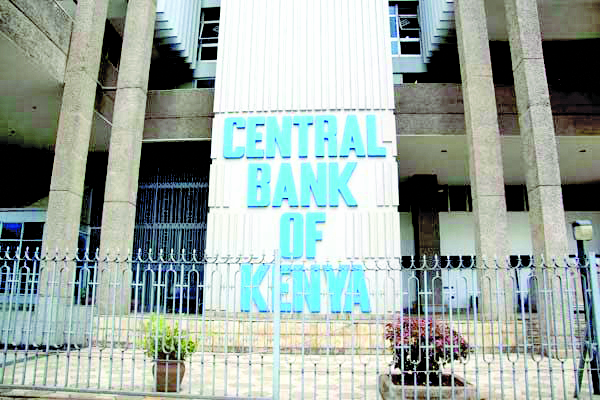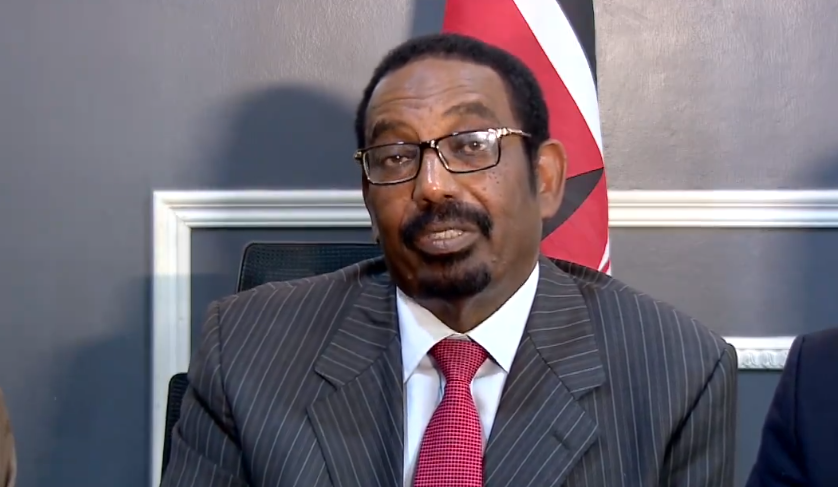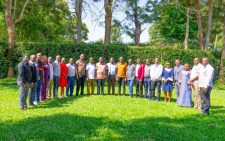CBK revises downward domestic borrowing target

In a strategic move aimed at managing the country’s fiscal landscape and alleviating pressure on domestic interest rates, Central Bank of Kenya (CBK) has announced a significant downward revision of the domestic borrowing target for the financial year 2023/24.
The revision, amounting to a substantial 46.1 per cent decrease, now sets the target at Sh316.0 billion.
This revised borrowing target is a striking 33.5 per cent lower than the borrowing figures recorded in the previous financial year, 2022/23.
“The committee noted the outcome of Financial year 2022/23 Budget operations which resulted in lower budget deficit of 5.3 percent down from 6.2 percent of gross domestic product (GDP) in full year 2021/22,” said CBK in its Monetary Polict Committee (MPC) update.
External financing
“The committee noted that as a result of identified new external financing, the projected net domestic borrowing by the government has been reduced from Sh586 billion to Sh316 billion,” CBK said. Decision to lower the borrowing target indicates the Treasury’s commitment to prudent fiscal management, seeking to strike a balance between funding government programs and avoiding undue strain on the domestic economy.
The downward revision of the borrowing target is expected to have a direct impact on domestic interest rates, which have been a subject of concern in recent times.
By reducing the borrowing requirements, the CBK aims to mitigate the upward pressure on interest rates that could have been caused by higher levels of government borrowing.
This move aligns with the CBK’s efforts to maintain a stable macroeconomic environment and promote sustainable economic growth.
The reduction in domestic borrowing has been attributed to the government’s efforts to source for bilateral and multilateral funding that has the Treasury get billions of shillings in the recent past.
Among the financiers have been South Korea, IMF, Afrexim Bank, France and many others. This external financing is expected to help bridge the gap between the revised borrowing target and the government’s expenditure requirements.












